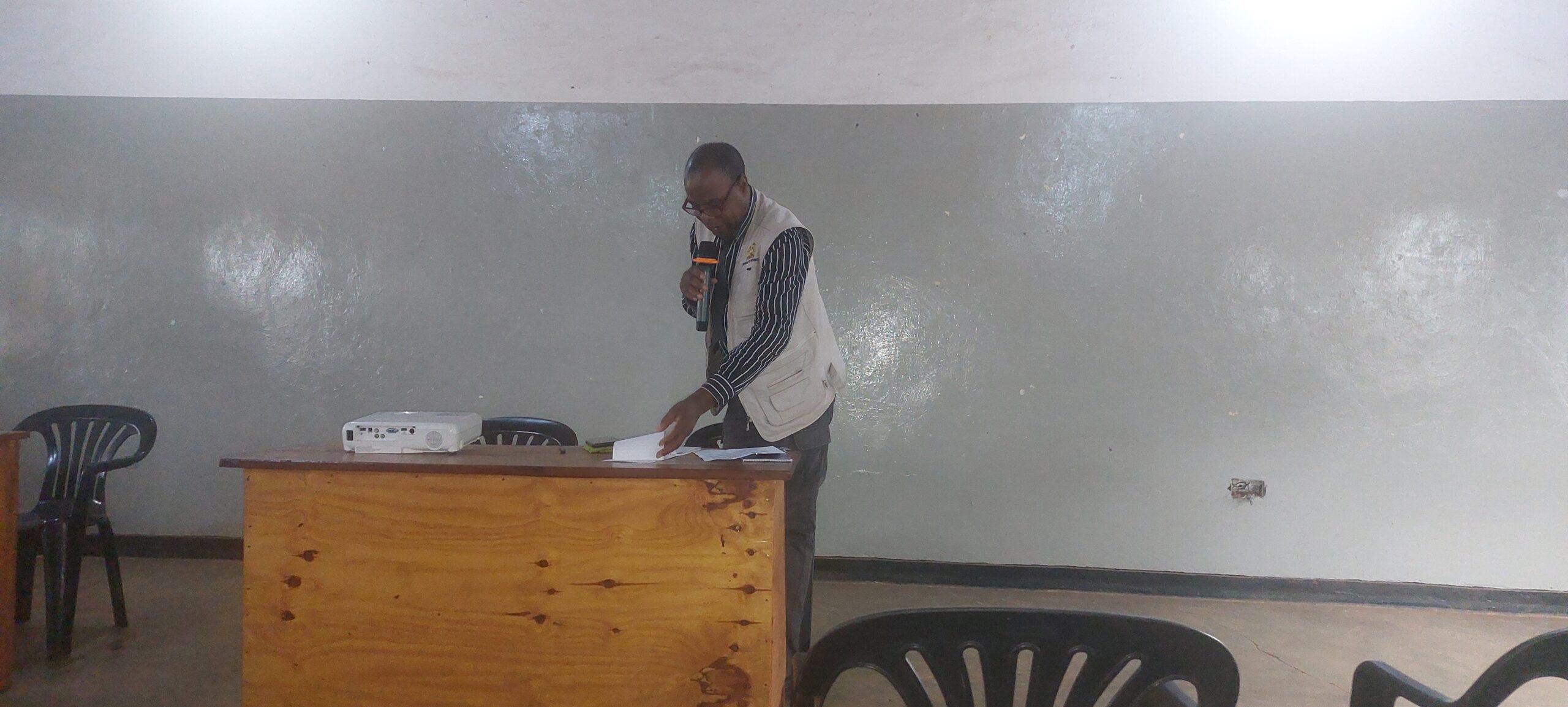
CHIEFS URGE POLICE TO ENHANCE SECURITY AT DZALEKA AND SORROUNDING VILLAGES
Chiefs from neighboring villages with Dzaleka refugee camp in Dowa have underscored the need for the Ministry of Homeland Security through police to enhance security in the camp and surrounding villages.
Speaking during an interface meeting that was facilitated by the catholic commission for Justice and Peace (CCJP) at Dzaleka refugee camp, Senior group village Lirambwe says the police unit that is situated in the camp has only 15 officers who are not enough for the population.
“There is a spike of theft, robbery, and other cases as the police cannot manage to respond in time due to resource constraints,” said Chief Lirambwe
The chief went further to request the Ministry of Homeland Security to consider increasing the number of police officers and allocate the office with a vehicle to enhance their response time.
“The number of officers should be increased to enhance foot patrols thus curbing the vice that has brought fear to residents of the camp and surrounding villages,” added Chief Lirambwe.
However, senior group village Lirambwe expressed optimism that things will change as the Catholic Commission for Justice and Peace (CCJP) under the Umodzi project has already committed to providing technical and financial support to develop bylaws that will be used by the communities as a guideline in poultry farming, an area that also brings misunderstandings between the two communities.
Commenting on the matter, acting camp manager Amos Musi conceded that recently the camp and surrounding villages have experienced challenges in security.
Musi attributed the situation to the uneven number of police officers serving at the Dzaleka police unit against the population of the camp and the surrounding villages.
“Currently one police officer in the camp serves over three thousand five hundred and eleven people against the required number of a police officer serving five hundred people,” said Musi
Musi however, assured the communities that deliberations are already in progress to lobby for more support from the donor community to enable police to increase the number of personnel at the unit.
“We envision adding at least 15 or 20 officers to take the number of officers to 30 or 35 thus improving security services in the camp and surrounding villages,” said Musi.
On his part, the Catholic Commission for Justice and Peace (CCJP) National Coordinator Boniface Chibwana described the security challenges as not surprising saying the ratio between a police officer and people in the camp and surrounding villages can be overwhelming to police officers.
“It is not surprising to hear that there are security challenges as residents of the camp are restricted by the law from having any form of employment apart from volunteering, but they need to survive just like anyone does,” said Chibwana.
Chibwana further called for collaboration between the government and stakeholders to resolve some issues that require immediate attention.
Chibwana also committed that CCJP will be advocating for change in many areas identified by communities with security being one of them.
CCJP under the Umodzi project with funding from the Canadian government has been conducting a series of issue-identification meetings with stakeholders to compile, train, and foster the development of advocacy leaders at the grassroots level.
